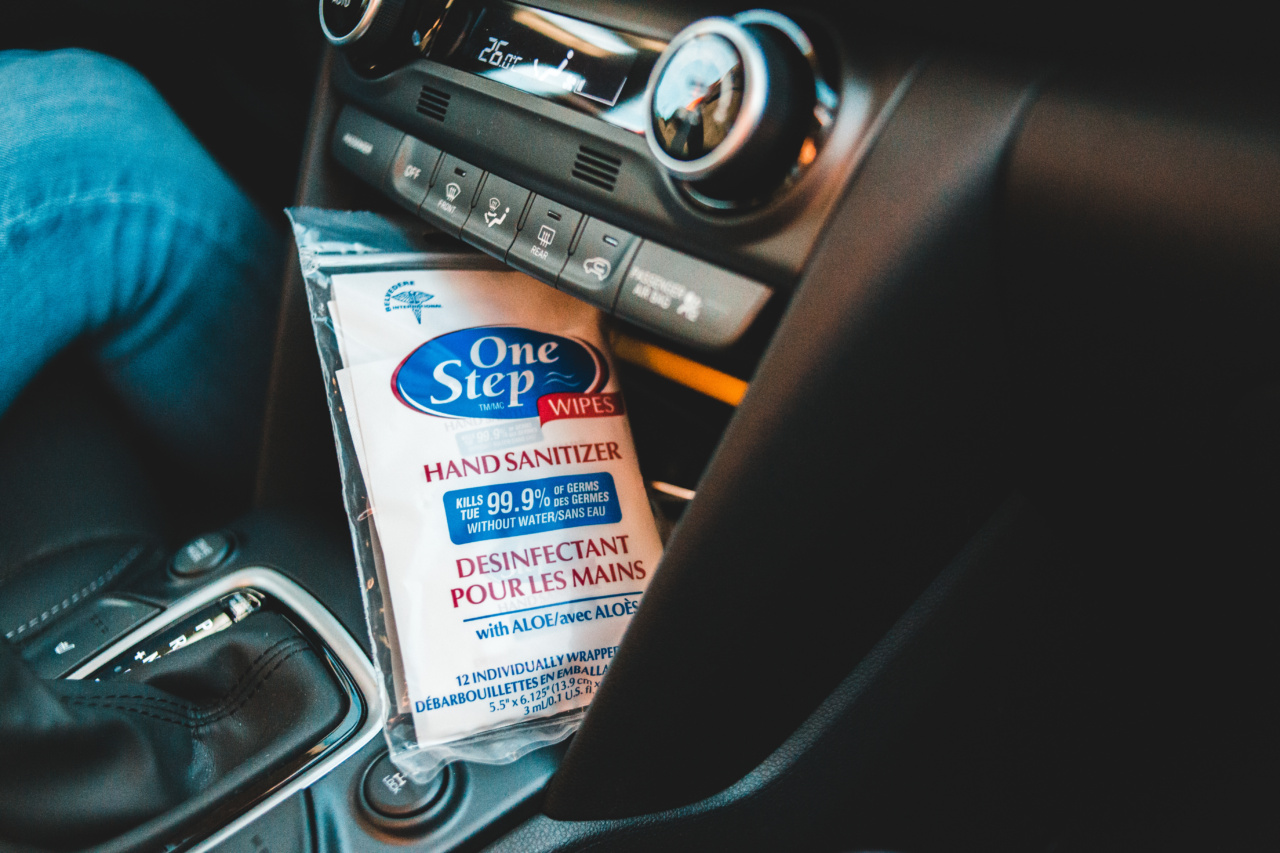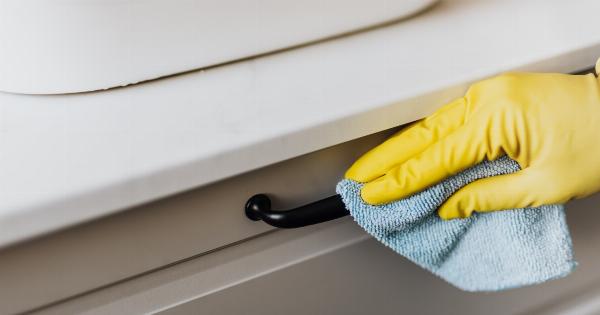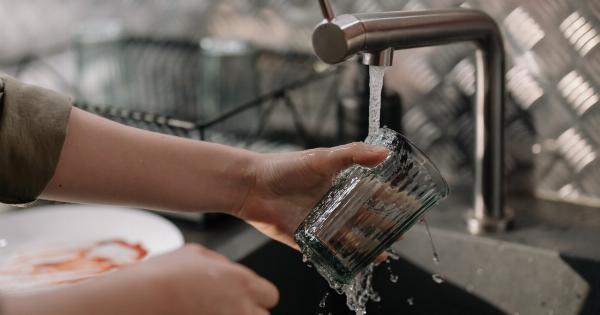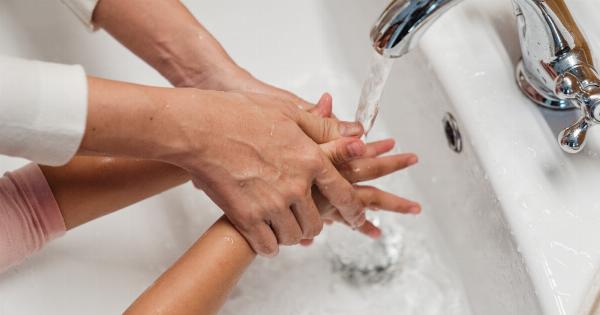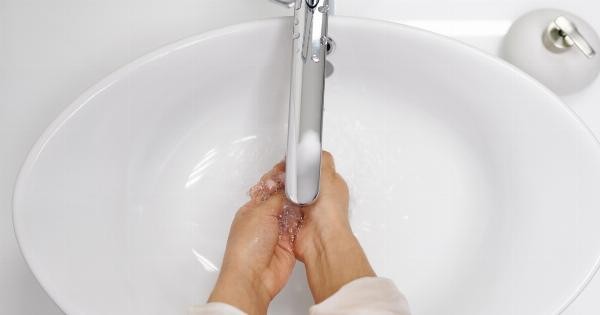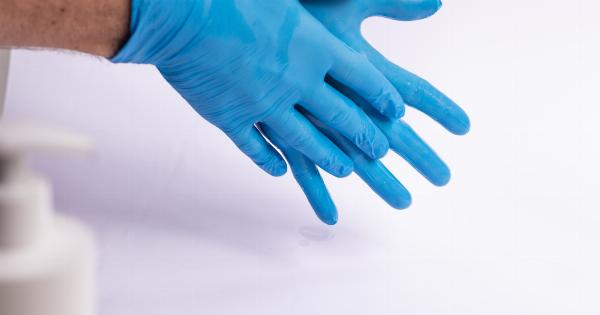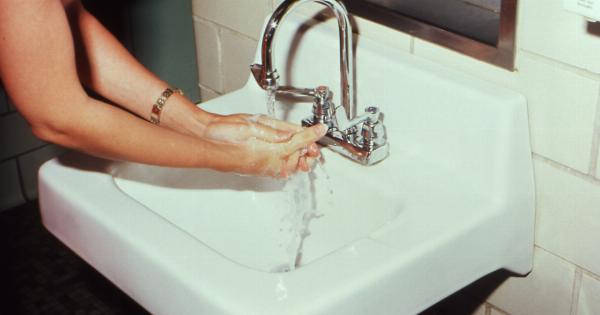With the increase in awareness about hygiene and cleanliness, antimicrobial wipes have become a popular go-to option for cleaning surfaces. Many people believe that these wipes provide a foolproof approach to protecting against germs and bacteria.
However, this is far from the truth. Despite the hype surrounding antimicrobial wipes, there are many myths that need to be debunked.
Myth 1: Antimicrobial wipes kill all germs
Contrary to popular belief, not all germs and bacteria can be killed by using antimicrobial wipes. These wipes are designed to kill only certain types of bacteria and viruses. Most wipes are only effective against a limited range of microorganisms.
While they may claim to kill 99% of germs and bacteria, this does not include all types of bacteria. Some bacteria are resistant to the chemicals found in these wipes. Therefore, relying solely on antimicrobial wipes for cleaning is not enough to protect against all types of germs and bacteria.
Myth 2: Antimicrobial wipes are a substitute for washing hands
Antimicrobial wipes should not be used as a substitute for washing hands. While these wipes can kill some germs on your hands, they do not remove dirt and debris.
Washing hands with soap and water is the most effective way to remove dirt, debris, and microorganisms from your hands. Additionally, hand washing helps prevent the spread of germs on your skin and reduces the risk of getting sick.
Myth 3: Antimicrobial wipes are effective for all surfaces
Not all surfaces can be effectively cleaned using antimicrobial wipes. Some surfaces, such as porous materials like wood and fabric, can harbor germs and bacteria that are not easily removed with wipes.
Additionally, some cleaning chemicals found in these wipes can damage certain types of surfaces, such as stainless steel or marble. It is important to follow the manufacturer’s instructions and use the appropriate type of wipe for the surface being cleaned.
Myth 4: Using more wipes means better cleaning
Using more wipes does not necessarily mean better cleaning. In fact, overusing antimicrobial wipes can reduce their effectiveness. When you use too many wipes, you are spreading the same germs and bacteria around instead of removing them.
Additionally, the chemicals found in these wipes can build up on surfaces and lead to respiratory issues for some people. It is important to use only the recommended amount of wipes for the surface being cleaned.
Myth 5: Antimicrobial wipes are safe for everyone
While antimicrobial wipes are generally safe, they can cause skin irritation or allergic reactions in some people. Some of the chemicals found in these wipes can be harmful if ingested, especially for children or pets.
It is important to keep these wipes out of reach of children and avoid using them near food or mouth areas. Always follow the manufacturer’s instructions and handle these wipes with care.
Myth 6: Antimicrobial wipes are environmentally friendly
Antimicrobial wipes are not environmentally friendly. These wipes contribute to the growing problem of plastic waste in landfills and oceans. The chemicals and preservatives found in these wipes can also have harmful effects on the environment.
It is important to dispose of these wipes properly and look for more eco-friendly alternatives, such as reusable microfiber cloths.
Myth 7: Antimicrobial wipes prevent the spread of disease
While antimicrobial wipes can help reduce the spread of disease, they do not prevent it entirely. Germs can still spread through contact with other people, contaminated objects, and surfaces that have not been cleaned properly.
It is important to practice good hygiene habits, such as washing hands, covering your mouth when coughing or sneezing, and staying home when sick, to reduce the spread of disease.
Myth 8: Antimicrobial wipes should be used every day
Antimicrobial wipes should not be used every day. Overusing these wipes can lead to the development of antibiotic-resistant strains of bacteria.
It is important to save the use of these wipes for when they are truly needed, such as during cold and flu season or when someone in the household is sick. Additionally, using these wipes every day can contribute to the generation of unnecessary waste that can harm the environment.
Myth 9: Antimicrobial wipes are cheaper than other cleaning methods
Antimicrobial wipes may seem like a cheaper alternative to other cleaning methods, but they can actually be more expensive in the long run. These wipes can run out quickly, especially if they are used excessively.
Additionally, the cost of disposing of these wipes can add up over time. It is important to consider other cleaning options, such as reusable cloths or natural cleaning solutions, that may be more cost-effective over time.
Myth 10: Antimicrobial wipes can be used to clean everything
Antimicrobial wipes should not be used to clean everything. These wipes are not suitable for all types of surfaces or materials. Additionally, they may not be effective against some types of germs and bacteria.
It is important to read the manufacturer’s instructions and use the appropriate type of wipe for the surface being cleaned.
In conclusion, antimicrobial wipes are not a foolproof solution for cleaning surfaces. There are many myths surrounding these wipes that need to be debunked.
While they can be effective against certain types of bacteria and viruses, they are not suitable for all surfaces and materials. Additionally, they should not be used as a substitute for proper hygiene habits, such as washing hands. It is important to use these wipes responsibly and consider other eco-friendly options for cleaning.
